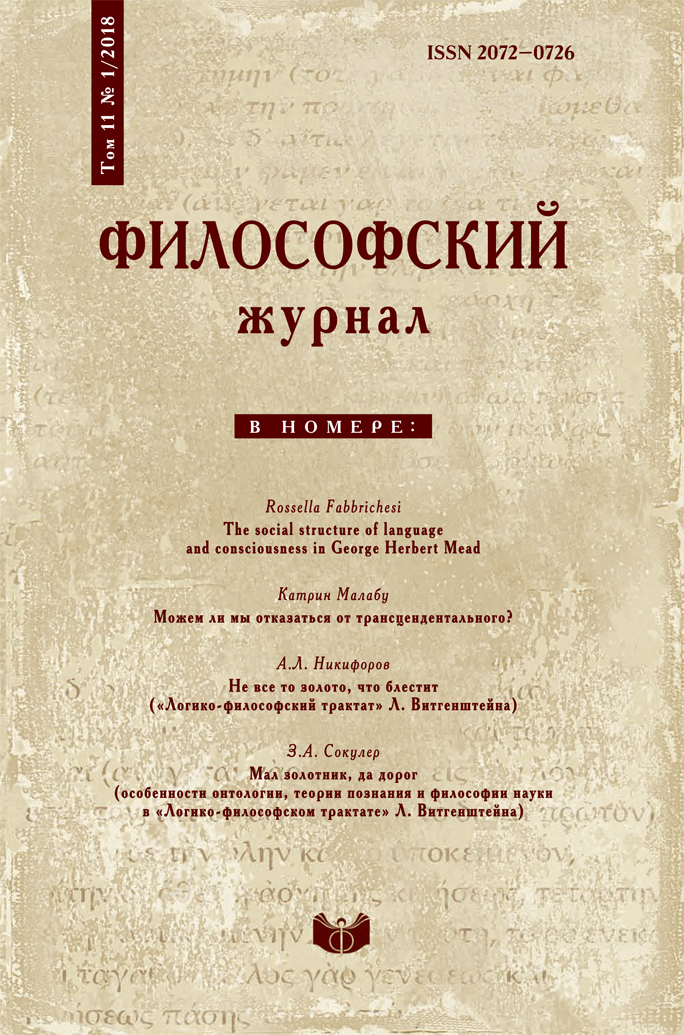The hidden premises of rational theology
DOI:
https://doi.org/10.21146/2072-0726-2018-11-1-111-124Keywords:
God, being, proof, rationality, philosophical theologyAbstract
In this article, the author attempts to highlight some of the premises of rational theology which normally tend to be taken for granted. The most important precondition of scientific rationality is assumption that the object of inquiry does exist. When it comes to theology, however, this assumption becomes ambiguous because it makes God dependent on the existence. As a result, it can be shown that divinity becomes ‘inferior’ to the existence. If one, namely, is to prove the existence of God, one is forced to acknowledge, at least in theory, that there may happen to be no God at all. Once this mode of thinking is deemed logically acceptable, doubts as to the existence of God become psychologically admissible as well. Postmodern theology, on the contrary, suggests thinking about God’s freedom from the existence, but this kind of reasoning is problematic since it accepts the absence of God as an axiom. The author outlines a possible solution by recurring to the doctrine of divine energies. If the concept of existence in theology is a homonym, then nothing about God can be known, it cannot even be said He exists. This notwithstanding, such conclusion is not something impossible if one is prepared to take the thesis of the incomprehensibility of God seriously.






